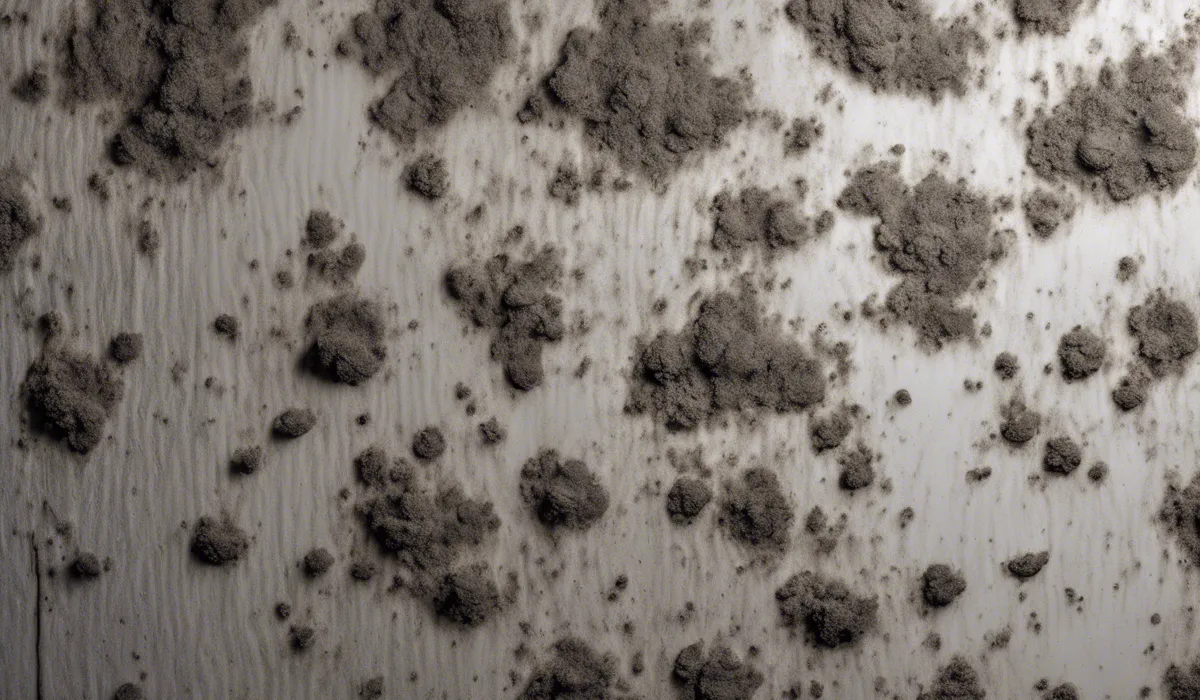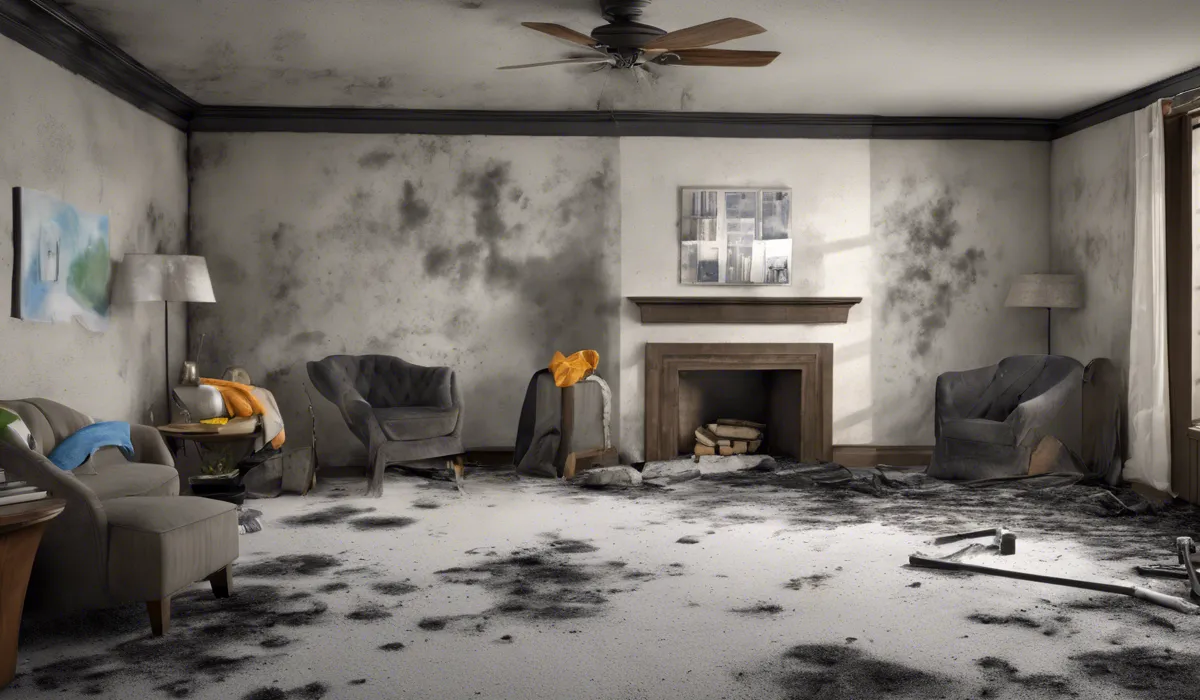It is unsafe to stay in a house with black mold. Exposure can lead to health issues, especially for those with allergies or asthma. Immediate removal by professionals is recommended. Limit time spent in affected areas and seek alternative accommodation if possible.
Understanding Black Mold and Its Risks

What is Black Mold (Stachybotrys chartarum)?
Black mold, scientifically known as Stachybotrys chartarum, is a type of toxic mold that thrives in damp, warm, and humid conditions.
Its color ranges from dark green to black, and it is often accompanied by a musty odor. Black mold releases spores that can be inhaled by humans and animals, leading to various health complications.
Health Implications of Black Mold Exposure
Exposure to black mold can result in numerous health issues, particularly respiratory problems.
Symptoms may include coughing, wheezing, nasal congestion, and sore throat. In severe cases, it can lead to more serious conditions such as allergic reactions, asthma attacks, or even neurological problems like memory loss and headaches.
Vulnerable Groups and Symptoms to Watch Out For
Individuals with weakened immune systems, allergies, or pre-existing respiratory conditions are especially susceptible to black mold’s negative health effects.
Children and the elderly also fall into the high-risk category. It is essential to monitor for symptoms such as persistent cough, skin irritation, or fatigue, as these may indicate mold exposure.
Assessing the Severity of Black Mold in Your Home

Visible Identification and Common Areas of Growth
Identifying black mold involves looking for dark, damp spots on walls, ceilings, or floors. Common areas where mold tends to grow include bathrooms, basements, and areas around leaks.
It is crucial to regularly inspect these spots to catch any mold growth early on.
The Extent of Mold Infestation and Its Impact on Living Conditions
Assessing the extent of mold infestation is critical for determining whether it is safe to continue living in the house.
A small amount of mold may be manageable, but large infestations can make a home uninhabitable. It compromises air quality and can lead to extensive property damage.
When to Hire Professionals for Mold Assessment?
If you suspect a serious mold problem, it is advisable to hire professionals for a thorough mold assessment.
They are equipped with the right tools and expertise to accurately diagnose the issue and recommend the appropriate remediation measures.
Safe Living and Mold Remediation Strategies

Immediate Steps to Reduce Mold Exposure
When you discover mold in your home, it is essential to act swiftly to minimize exposure.
This can involve sealing off the affected area, using dehumidifiers to reduce moisture, and wearing protective gear when near the mold.
It is often best to find alternative accommodation until the mold is removed.
Professional Mold Removal Versus DIY Approaches
While there are DIY methods for mold removal, these are usually only suitable for small, contained areas.
For larger infestations, professional mold removal services are necessary. They have the experience and equipment to safely and effectively eradicate the mold.
Long-term Prevention: Controlling Moisture and Improving Air Quality
Maintaining a dry and well-ventilated home is key to preventing mold growth.
This includes fixing leaks promptly, using exhaust fans in kitchens and bathrooms, and ensuring proper insulation to avoid condensation.
Regular cleaning and air quality checks can also help maintain a mold-free environment.
FAQs About Staying in a House with Black Mold
Is it safe to remain in a house with black mold?
No, it is unsafe to stay in a house with black mold as it can lead to health issues, particularly for those with allergies or asthma.
What are the risks of being exposed to black mold at home?
Exposure to black mold can cause respiratory problems, allergic reactions, and other health issues, especially in sensitive individuals.
Should I remove black mold myself or seek professional help?
Immediate removal by professionals is recommended to ensure safe and thorough eradication of black mold.
Can I stay in other areas of my house if black mold is present in one room?
It is advised to limit time spent in affected areas and if possible, seek alternative accommodation until the mold is professionally removed.
What should I do if I must stay in my house with black mold?
If you cannot leave the mold-infested house, limit your exposure to the contaminated area and ensure good ventilation until professional removal is possible.
Final Thoughts
Staying in a house with black mold presents significant health risks, particularly for individuals with allergies or asthma.
It is critical to address the issue promptly by engaging professionals for mold removal. In the meantime, limit exposure by reducing time spent in contaminated areas and consider finding alternative accommodation to ensure safety.
